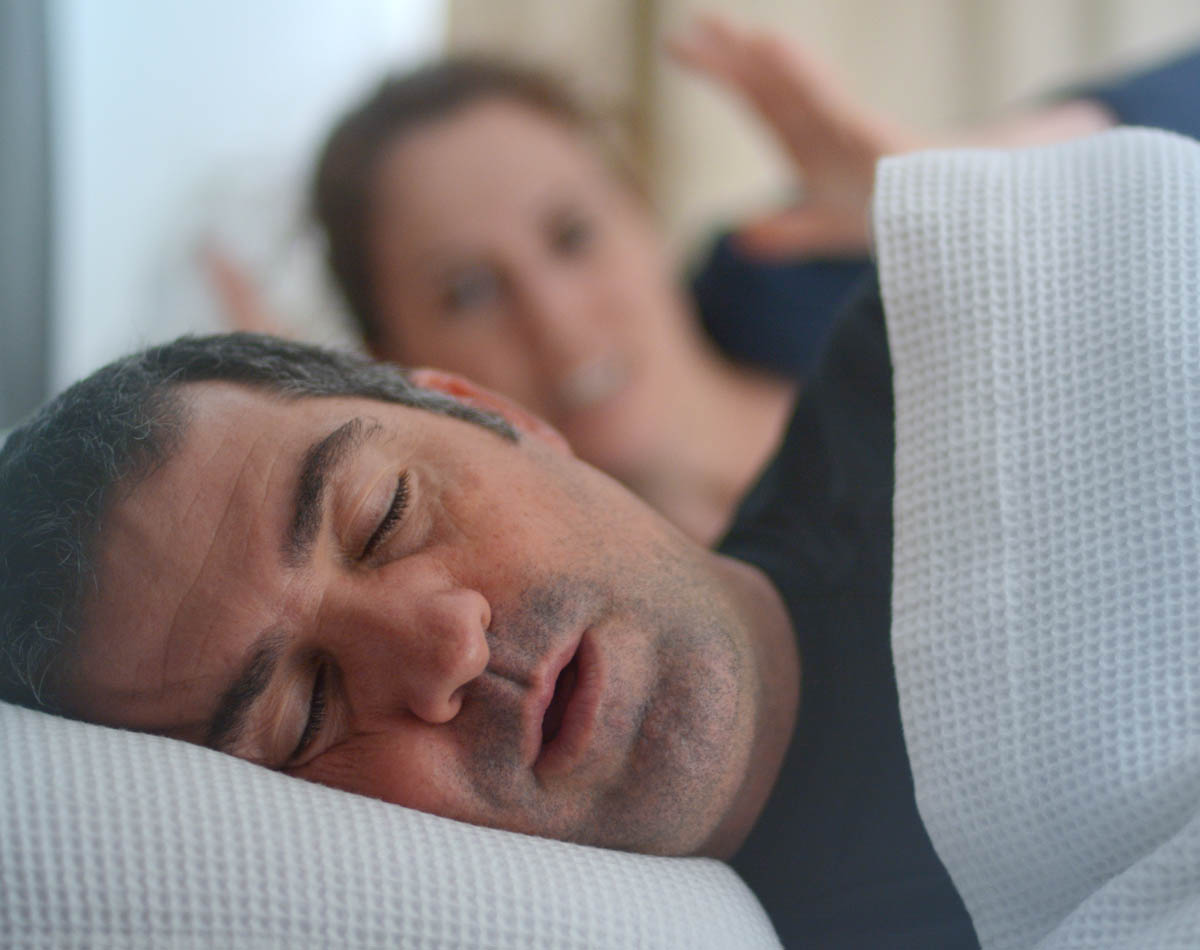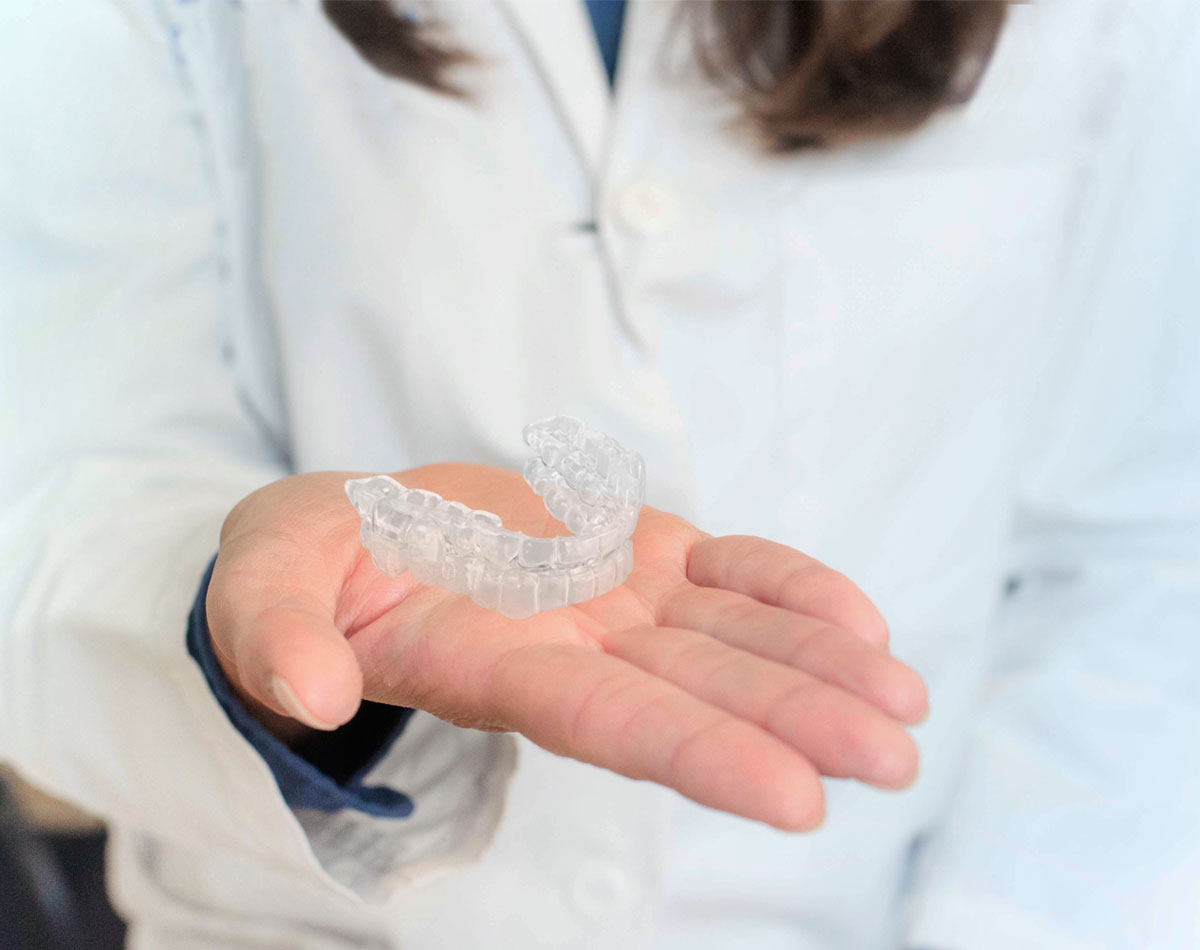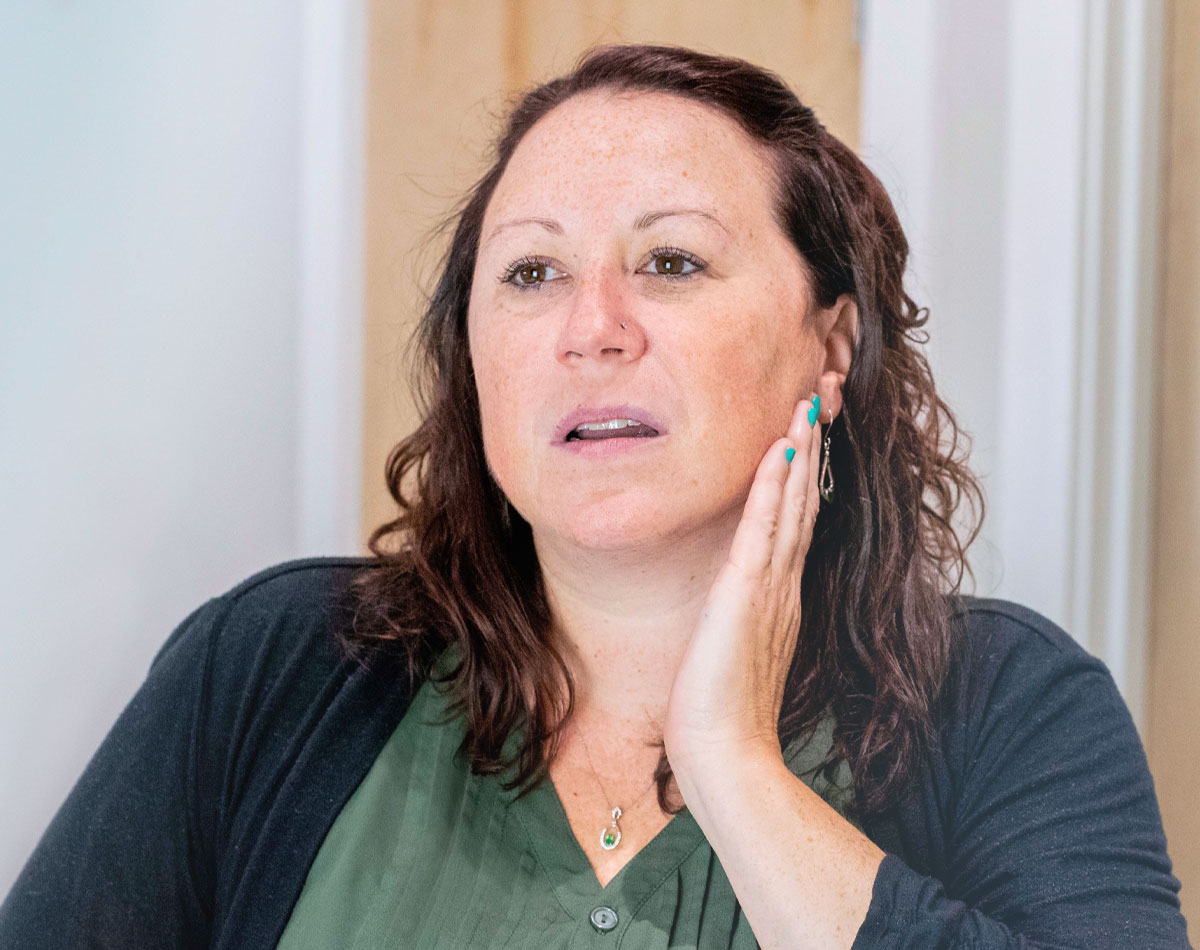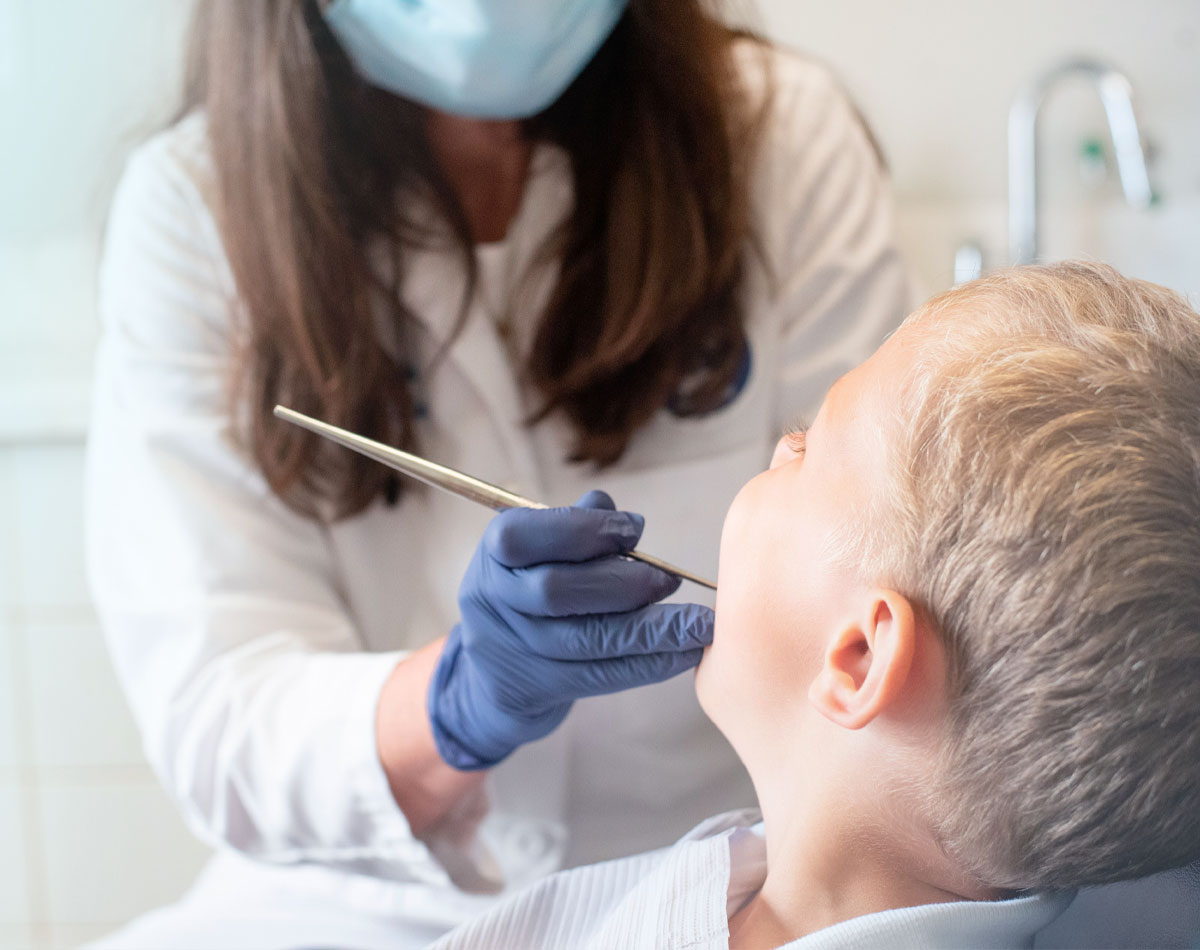What types of bruxism are there?
Bruxism is a repetitive muscle activity. Bruxism is characterized by clenching or grinding of the teeth. There is an emerging consensus that bruxism is regulated in the brain, whereas it was previously though that dental occlusion and articulation could be the cause.
Awake and sleep bruxism are generally considered different conditions. Sleep bruxism is a movement of the muscles of chewing during sleep, and awake bruxism is a movement of the muscles of chewing while awake. During bruxism there is sustained tooth contact, and the jaw often makes forceful movements, up to 250 pounds in force.
Bruxism is not considered a disorder in healthy individuals but may be a risk factor for severe muscle pain, tooth wear, temporomandibular joint pain and can also damage or fracture dental crowns.
How is Bruxism evaluated?
Your dentist will complete a comprehensive evaluation of the face, head and neck and the upper airway.
How is bruxism treated?
Your dentist may recommend an oral appliance, as well as practical advice to reduce bruxism.
How is bruxism diagnosed?
Your dentist will evaluate your symptoms and will look for signs of bruxism such as tooth wear.
How do I know if I clench or grind my teeth?
Presence of pain jaw muscles, joint pain, headaches, hypertrophy of the masseter muscle, indentations in tongue or lip could be a sign of bruxism. Oral clinical examination is essential for the evaluation of bruxism. In some instances, a polysomnography test is ordered to identify if there is an underlying obstructive sleep apnea in an individual with several sleep complaints.
Is sleep bruxism common in children?
Yes. Studies suggest that sleep bruxism can be found anywhere between 6% to to 50% of children, and in adolescents is estimated to be around 15%. Some people are not aware of the habit but parents may notice the grinding sounds while they sleep.
Causes of bruxism may be related to multiple factors. Recently, researchers are looking at episodes of teeth grinding since these episodes appear to be connected to changing sleep patterns and microarousals from sleep. In some cases teeth grinding is preceded by increases in brain and cardiovascular activity, this may explain some of the associations between obstructive sleep apnea and bruxism.
Payment options for bruxism treatment
We understand that sometimes your ideal treatment plan may not fit your budget. That’s why Worcester Sleep Dentistry offers affordable third-party payment plans with deferred interest through CareCredit or payment over time with Sunbit. This way you can get the treatment you need, when you need it, and pay over time with our convenient payment options.
Sleep Dentistry Services
Get In Touch With Us
Call Us
(508) 731-4479
Email us
Book An Appointment
Click the button below to book an appointment online:
Other Sleep Dentistry
Disorders
Snoring
Snoring can be a symptom of obstructive sleep apnea, but not all people who snore have obstructive sleep apnea. Find out the difference.
Sleep Apnea
12-18 million adults in the US have obstructive sleep apnea, which causes the individual to stop breathing up to a hundred times a night.
TMJ Disorders
TMD/TMJ Disorders is a group of related conditions affecting the jaw joint, the muscles involved with chewing, and associated structures.
For Children
If left untreated, obstructive sleep apnea in children can result in problems such as behavioral issues and cardiovascular problems.






